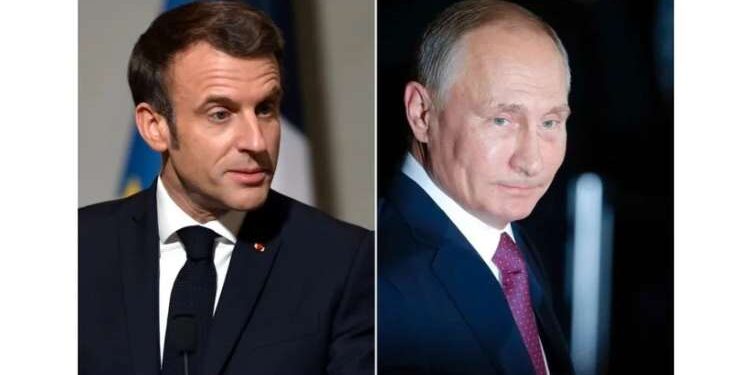This Wednesday, February 28, during a conference in Albania, Volodymyr Zelensky will reiterate his pressing call in favor of faster arms deliveries to Ukraine, a request that finds a favorable echo among its Western allies. However, despite the severity of the situation in the region, the idea of deploying ground troops remains a subject of discrepancy.
Initially mentioned by Emmanuel Macron at the Paris summit, the idea of direct military intervention was quickly dismissed by the main actors, Europeans and American. Berlin, London and Washington have unanimously rejected this proposal, stressing the risks of an uncontrollable escalation in the region.
Macron’s call caused a series of mixed reactions among EU member states. Although some countries, such as Great Britain, Spain, Poland, Germany and Slovakia, have expressed their solidarity with Ukraine, they also expressed their reluctance as to a direct commitment on the ground.
In France, this question has also fueled heated debates. The Prime Minister was confronted with virulent criticism from the opposition, notably of Marine Le Pen, who accused the government of crossing a dangerous line by considering military intervention. Some fear a direct confrontation with Russia, while others are worried about the unpredictable consequences of such an action.
Faced with these differences, Russia reacted predictably. The Kremlin said that any ground intervention in Ukraine would not serve the interests of Westerners, thus stressing the geopolitical tensions that surround the Ukrainian crisis.
In this uncertain and tense context, the future of Ukraine remains unanswered, with divergent opinions within the international community on the best way to respond to this delicate crisis.








